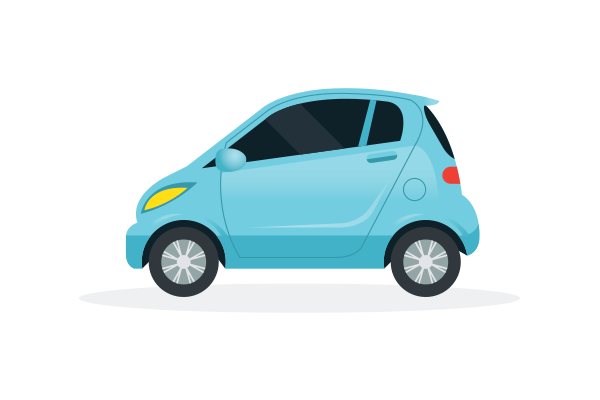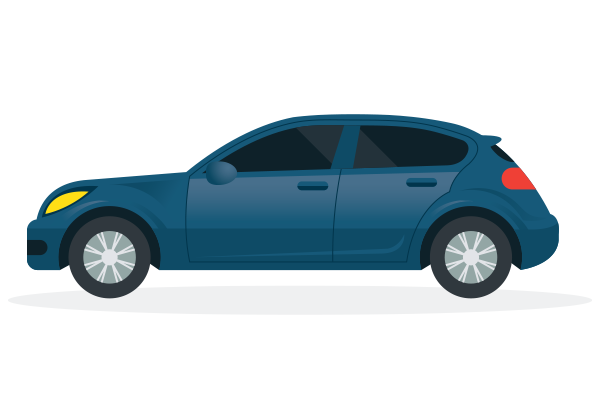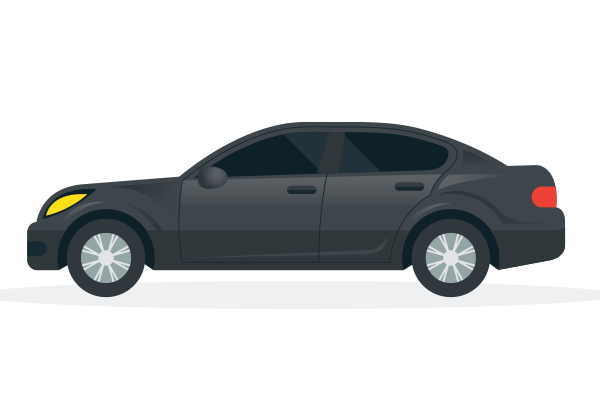
Amidst the looming Zero Emission Vehicle (ZEV) mandate compelling automobile manufacturers to increase the sale of Electric Vehicles (EVs) from 2024 until the UK’s scheduled ban on petrol and diesel vehicles by 2035, coupled with the implementation of Clean Air Zones (CAZ) and Low Emission Zones (LEZ) in major urban areas, it is prudent to consider these developments in advance.
The recent surge in the availability of cutting-edge technology and transportation options in the UK has provided organisations and businesses with a myriad of choices. Hence, is it wise to make upgrades now? To address this query, one must assess which vehicles suit their needs and budget, whether opting for new or pre-owned vehicles.
Various types of vehicles entail different initial costs, but often, these expenses are offset by enhanced efficiency over the vehicle’s lifespan, resulting in long-term savings for organisations. Before proceeding with the replacement of older vehicles, several considerations should be made:
- What payload capacity and load space are required?
- How will refuelling or recharging impact operations, and can it be accommodated in the schedule?
- Where are the charging points located, and what type of chargers are optimal?
- Will the vehicles be purchased or leased?
- What is the total cost of ownership?
.
Typically, smaller vehicles are more cost-effective to operate than their larger counterparts. Hence, downsizing may help mitigate expenses. Let’s explore the various sizes of vehicles available:
Powered Light Vehicles (zePLV)
Small electric vehicles, known as zePLVs, serve a multitude of purposes including commuting, shared mobility, service provision, food delivery, and emergency response. They emit zero harmful emissions and are more economical to run compared to conventional vehicles. This category encompasses electric scooters, three-wheeled electric mopeds, electric motorcycles, and micro electric cars. Their affordability, maneuverability in traffic, and eco-friendliness make them ideal for local or last-mile deliveries.
Electric Cars (EVs)
Replacing older Internal Combustion Engine (ICE) vehicles with zero-tailpipe emission alternatives like electric vehicles (EVs) is financially prudent over the long term. With over one million EVs traversing Britain’s roads, there exists a diverse array of options tailored to varying business requirements. While the upfront purchase cost of EVs or plug-in hybrids may be higher, this is typically offset by lower operational expenses and unhindered access to clean air zones. Currently, there are enticing deals on nearly new electric cars.
Electric Vans/Light Commercial Vehicles (LCVs)
The assortment of electric van models and their ranges is expanding, rendering them increasingly attractive for businesses. Despite being pricier upfront compared to diesel counterparts, electric vans offer savings on fuel and tax while substantially reducing carbon and nitrogen dioxide emissions. To ensure a smooth transition to electric vans, factors such as driving distance, parking duration, and payload capacity should be considered.
Heavy Duty/Goods Vehicles (HDVs/HGVs)
Transitioning heavy goods vehicles (HGVs) to zero-emission operation entails investing in electric or hydrogen trucks, establishing charging or refuelling infrastructure, and aligning with carbon reduction targets. Although electric trucks currently command a higher price tag than diesel variants, factoring in the total life cycle cost reveals benefits such as reduced energy expenses, access to clean air zones, and fulfilling sustainability commitments. Opting for electric trucks entails forward-thinking planning for the future.
Charge Points
The UK now boasts over 50,000 public charge points for electric vehicles, facilitating convenient charging or topping up. Establishing workplace or depot charge points for overnight charging is advisable. For organisations planning long-term vehicle replacements, estimating the energy consumption of a fully electric fleet is crucial to avoid redundant infrastructure investments with each vehicle acquisition. This foresight ensures seamless integration with grid upgrades well in advance.
Help with Electric Vehicles
If you would like any help with your car fleet for your business and how to utilise Electric Vehicles with your employees, our team are here to help. We can provide help with car subscriptions, short-term car leases and traditional contract hire & leasing requirements for your business.
We can even assist new startup businesses and those who need vehicles for overseas workers.Contact the Cocoon Vehicles team on 01332 290173 or use the ENQUIRY FORM at the bottom of this email.








